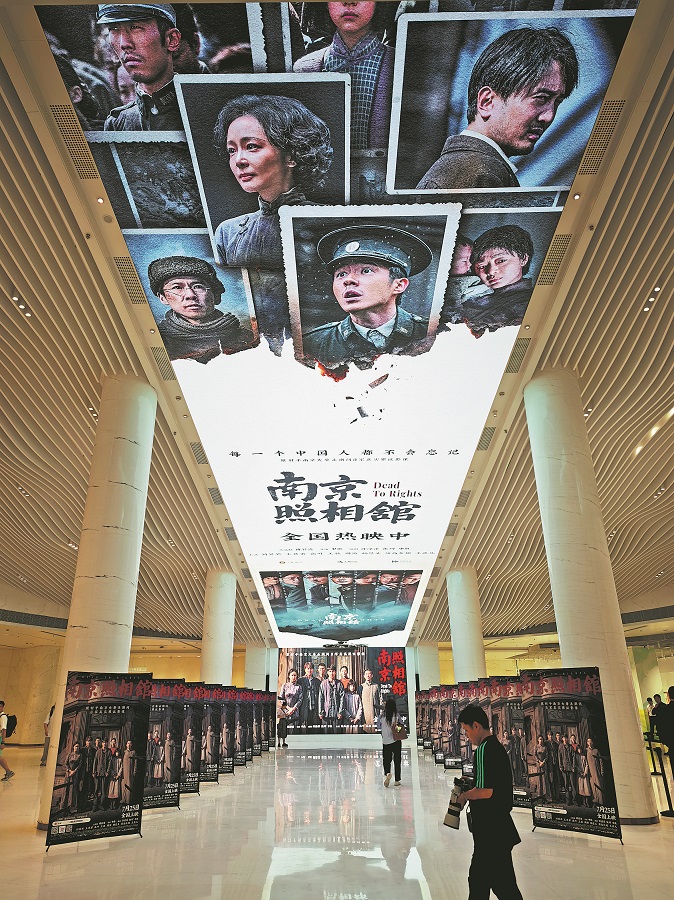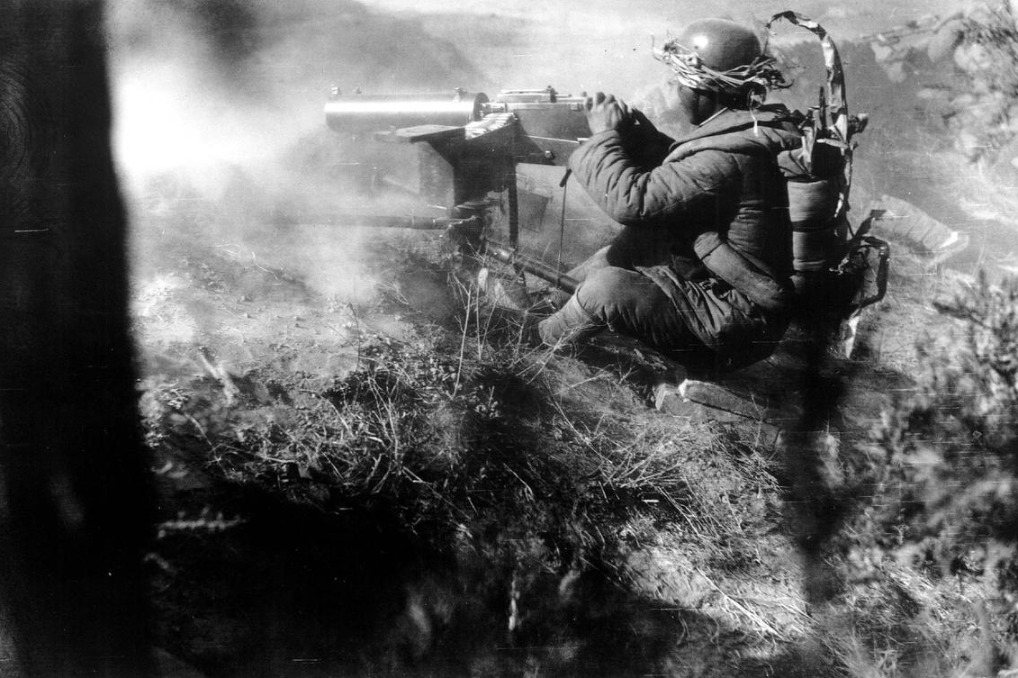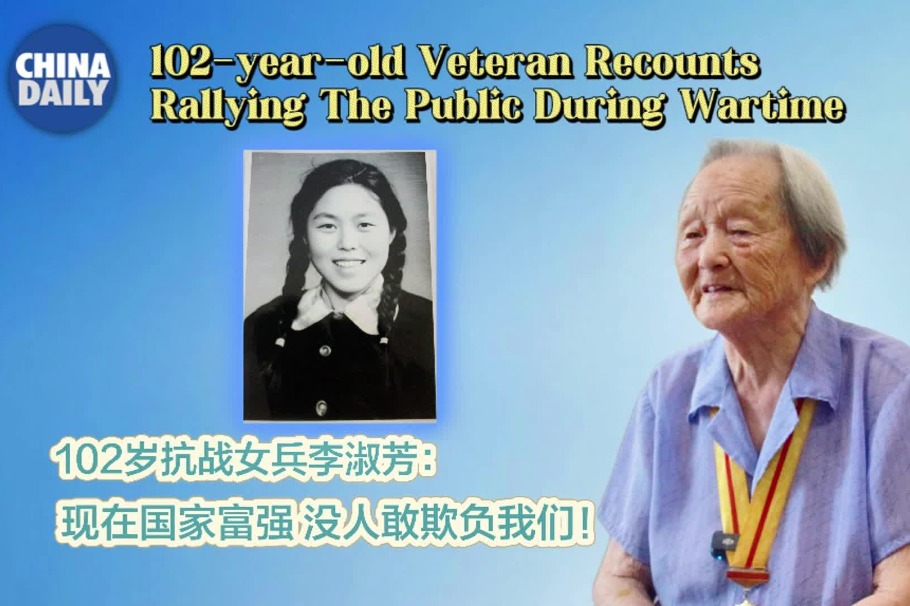'Dead to Rights' smashes box office records, raises awareness
Film set during Nanjing Massacre tells of unsung heroes' courage to reveal atrocities


Emotional resonance
One scene in the film shows a Japanese soldier removing a stone from Nanjing's ancient wall to be placed in a tower in Japan's Miyazaki Prefecture.
Wu Xianbin, curator of a private museum commemorating the War of Resistance Against Japanese Aggression, said Japan plundered over 370 stones for the tower. More than 200 came from China, including four from Nanjing.
After Japan's 1945 defeat, Allied forces demanded the tower's demolition and repatriation of the stones.
Japan has evaded this by "paying lip service but not taking actual action", Wu said. "This militarist symbol is now packaged as a 'peace tower'. Right-wing forces still poison Japanese youth with distorted history," Wu warned.
China's Ambassador to the US Xie Feng attended the premiere of the film in Washington, D.C., on Aug 6. In his remarks, Xie said that since its release in China, Dead To Rights has achieved both critical acclaim and box office success.
With its weighty historical truth and powerful artistic impact, it has evoked strong emotional resonance. The film transcends time and space, revealing the darkest corners of history while also shining a light on the best of the human conscience, the ambassador said.
It constantly reminds us of the cruelty of war and the preciousness of peace, and urges us to learn from history and create a better future, he said.
Xie pointed out that those who forget history are doomed to repeat it. The Chinese people nationwide united as one, fought heroically, and won the Chinese People's War of Resistance Against Japanese Aggression with tremendous sacrifices, making an indelible contribution to the victory in the World Anti-Fascist War.
The 1.4 billion Chinese people will never tolerate any attempt to tamper with the history of WWII, and all the peace-loving people in the world will never accept any move to turn back the wheel of history, he said.
The ambassador stressed that remembering history is to pave the way for a brighter future.
























